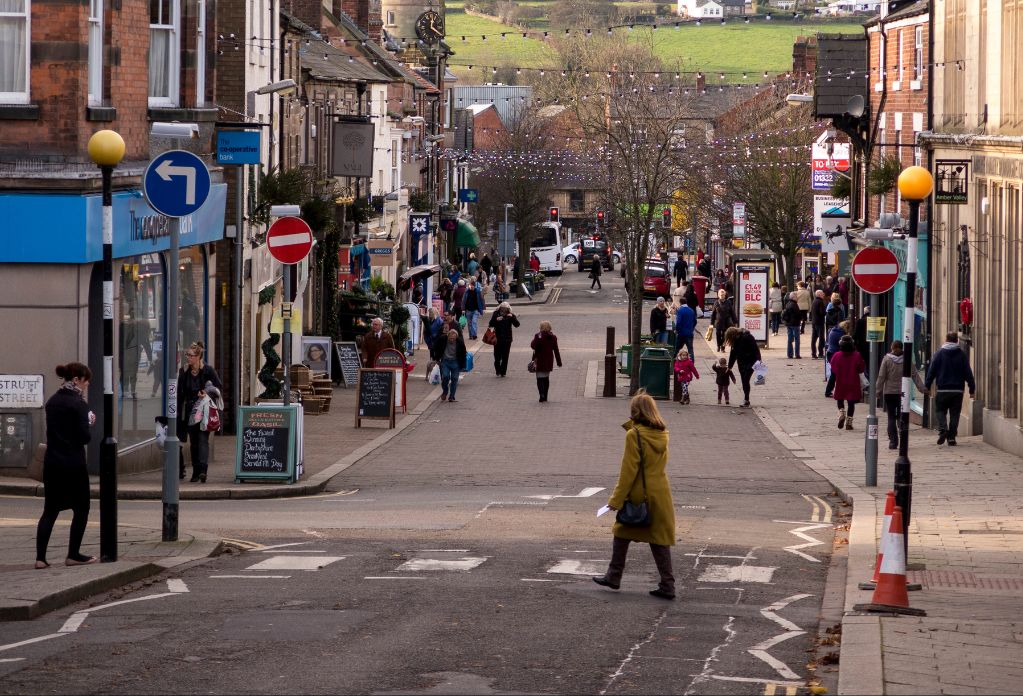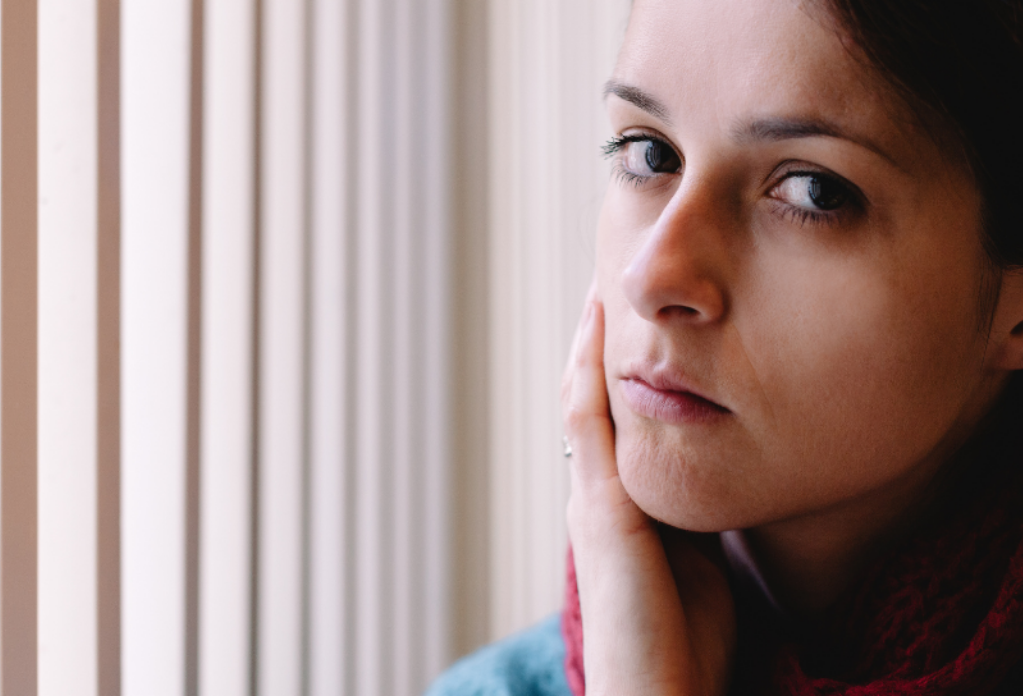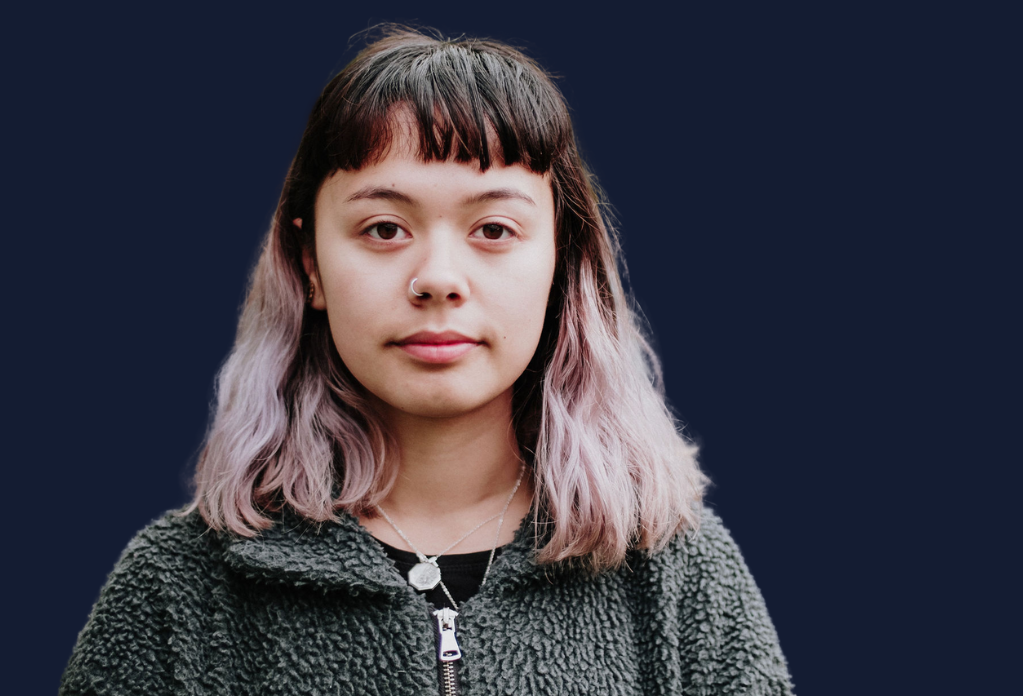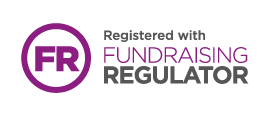take the human trafficking quiz
Human trafficking is a global problem, affecting millions of men, women and children every day. But how much do you really know about the one of the most widespread crimes in the world?
We’ve put together 12 shocking facts about human trafficking and modern slavery in the UK and beyond. Find out how much you know about this highly profitable, criminal industry.
How did you do?
You might have been surprised by how much you didn’t know about human trafficking and modern slavery. But this problem is far from simple, and we’ve barely scratched the surface when it comes to untangling the complexities of modern slavery.
However there are lots of simple things you can do to help stop ruthless traffickers preying on vulnerable people. This starts with educating yourself and using your voice to raise awareness of the issue.
Find out more facts about trafficking and modern slavery, including what makes a person vulnerable and the part played by climate change, on our facts and figures page.
Or read first-hand accounts from the survivors we work with and learn what you can do to help below.
Human trafficking is a form of modern slavery.
It involves the recruitment or movement of people for the purpose of exploitation by means of force, fraud, coercion or deception.
Men, women and children can be trafficked for various purposes, including forced and bonded labour, criminal exploitation, domestic servitude, forced marriage or prostitution, and in extreme cases, organ harvesting.
Human trafficking does not have to involve the crossing of international borders, it can also happen within the same country, city or even the same street.
Traffickers operate online as well as in public spaces, using fraudulent employment agencies, false promises and job adverts to trick and deceive their victims.

common human trafficking myths and facts
There is many myths and misconceptions about what trafficking is, who is affected and how it takes place. Here we dispel seven of the most common ones.
spot the signs of trafficking
Could you spot a victim of trafficking? Here are six general indicators to look out for.
Do they seem isolated?
Is their freedom of movement restricted?
Are they reluctant to seek help?
Does their physical appearance show signs of negligence?
Do they have poor living conditions?
Have you noticed unusual travel arrangements?

survivors in their own words
Read first-hand accounts from survivors of trafficking and modern slavery of how they came to be trafficked.

survivor stories and more
Get regular updates on Unseen’s support for survivors, Helpline news and our wide-ranging work to end modern slavery.


